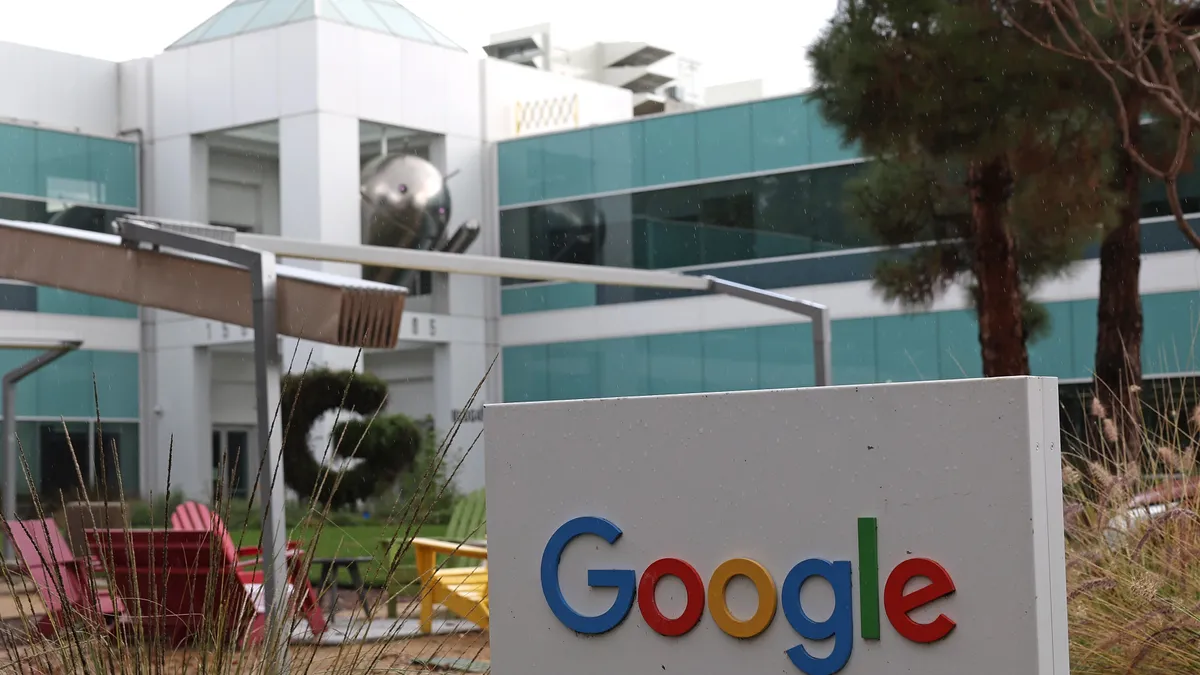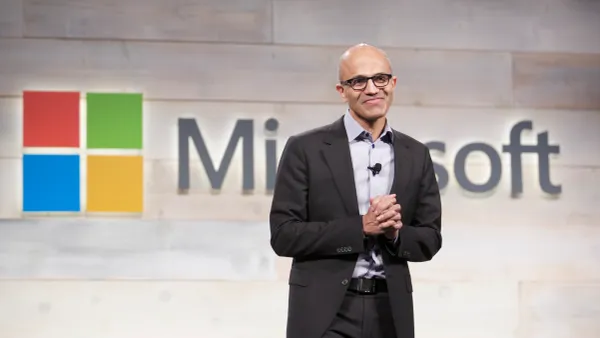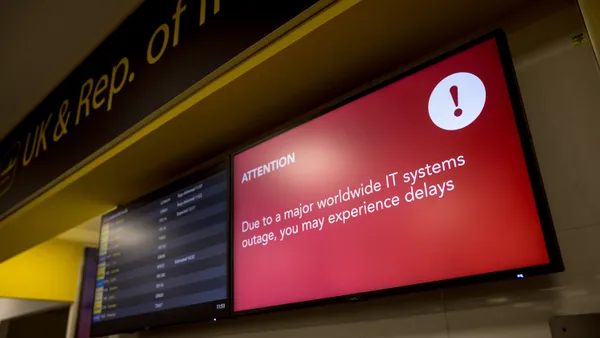Update: In addition to a $5 billion settlement, Facebook must add a privacy compliance system to its corporate structure in order to settle multiple Federal Trade Commission charges, the agency confirmed Wednesday.
Facebook's mishandling of user data undermined consumers' choices, said FTC Chairman Joe Simons, in a statement.
"The relief is designed not only to punish future violations but, more importantly, to change Facebook's entire privacy culture to decrease the likelihood of continued violations," said Simons.
Dive Brief:
- The Federal Trade Commission approved a $5 billion settlement with Facebook, as one of the latest steps in a year-long probe into the company's responsibilities in the Cambridge Analytica scandal, the regulator announced Wednesday.
- During its Q1 earnings call in April, Facebook projected it would face liabilities of somewhere between $3 billion and $5 billion in connection with the probe. As noted by Ars Technica, the amount represents roughly one month of revenue for Facebook, which brought in 55 billion in 2018.
- In addition to the financial obligations, the settlement will include additional government restrictions on how Facebook handles user data, according to the report. Terms of the restrictions were not immediately disclosed.
Dive Insight:
The latest chapter in Facebook's Cambridge Analytica scandal symbolizes an escalation of government oversight on how thoroughly tech companies work to protect user data from unauthorized access.
As part of the settlement, the FTC is requiring Facebook to add an independent privacy committee to its board of directors, a move that shields CEO Mark Zuckerberg from influencing decisions that affect user privacy.
The impact of the GDPR in the European Union, California's California Consumer Privacy Act (CCPA) and a handful of similar regulations in the works across the U.S. are indicative of mounting government involvement in the privacy space.
Financial impact aside, Facebook must contend with the reputational toll of the Cambridge Analytica scandal and subsequent breaches, including a tech flaw that exposed tens of millions of accounts in September.














